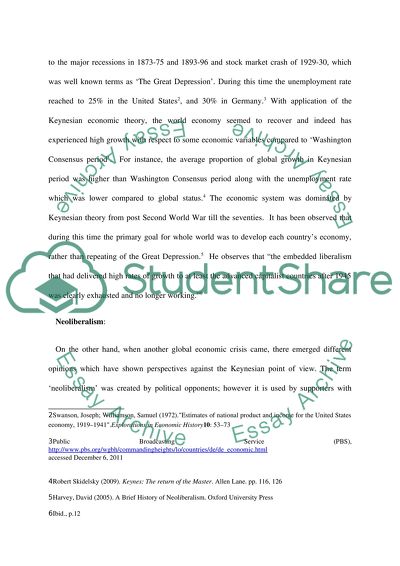Cite this document
(“Relationship between Neoliberalism, Austrian school of economics and Essay”, n.d.)
Retrieved from https://studentshare.org/history/1393821-what-is-the-relationship-if-any-between-the
Retrieved from https://studentshare.org/history/1393821-what-is-the-relationship-if-any-between-the
(Relationship Between Neoliberalism, Austrian School of Economics and Essay)
https://studentshare.org/history/1393821-what-is-the-relationship-if-any-between-the.
https://studentshare.org/history/1393821-what-is-the-relationship-if-any-between-the.
“Relationship Between Neoliberalism, Austrian School of Economics and Essay”, n.d. https://studentshare.org/history/1393821-what-is-the-relationship-if-any-between-the.


